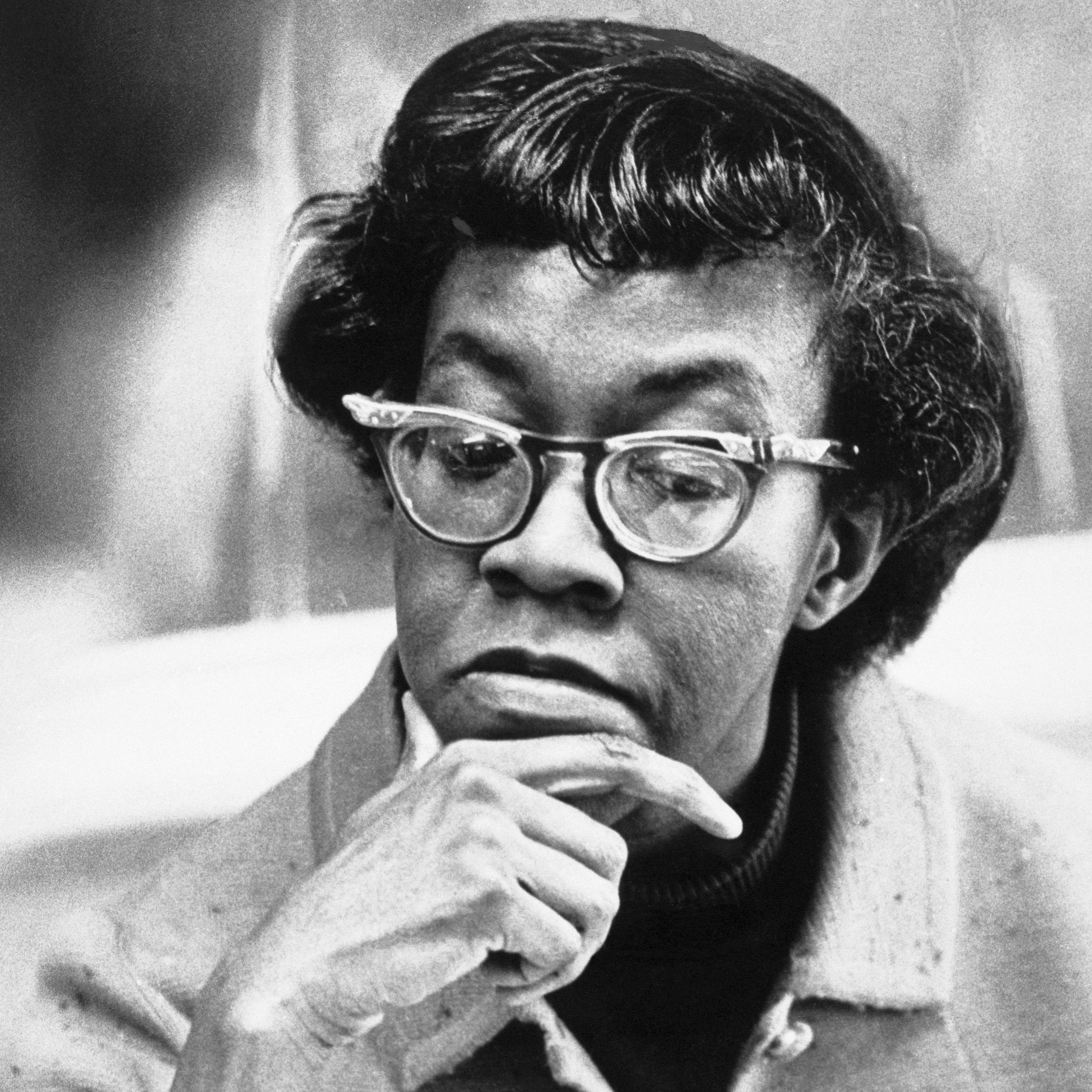I hold my honey and I store my bread
In little jars and cabinets of my will.
I label clearly, and each latch and lid
I bid, Be firm till I return from hell.
I am very hungry. I am incomplete.
And none can tell when I may dine again.
No man can give me any word but Wait,
The puny light. I keep eyes pointed in;
Hoping that, when the devil days of my hurt
Drag out to their last dregs and I resume
On such legs as are left me, in such heart
As I can manage, remember to go home,
My taste will not have turned insensitive
To honey and bread old purity could love.
Published:
1963
Length:
Regular
Literary Movements:
Black Arts Movement
Anthology Years:
2023
Themes:
Faith & Hope
Identity
Strength & Resilience
Literary Devices:
Dialogue
conversation between two or more people as a feature of a book, play, or movie
Extended Metaphor
a metaphor that extends through several lines or even an entire poem
Slant Rhyme
A rhyme where the words have similar sounds in their stressed syllables.

